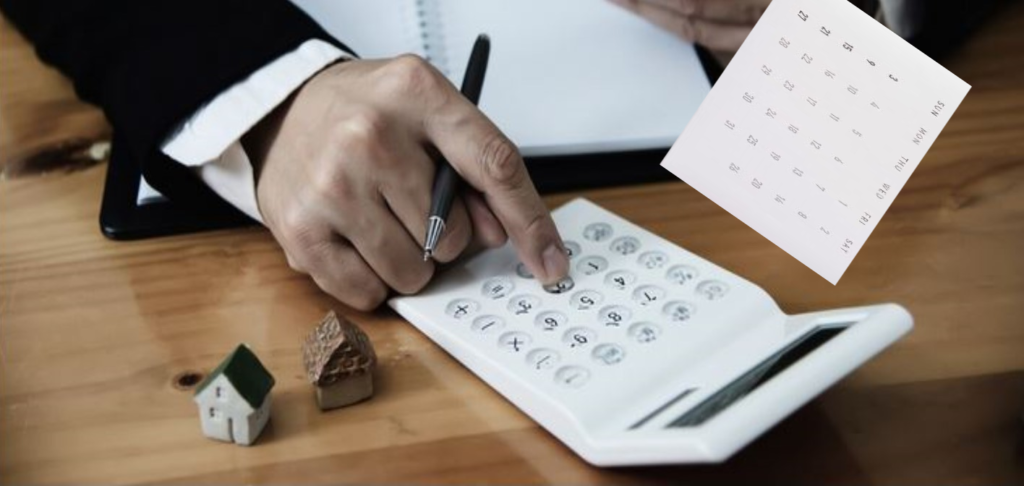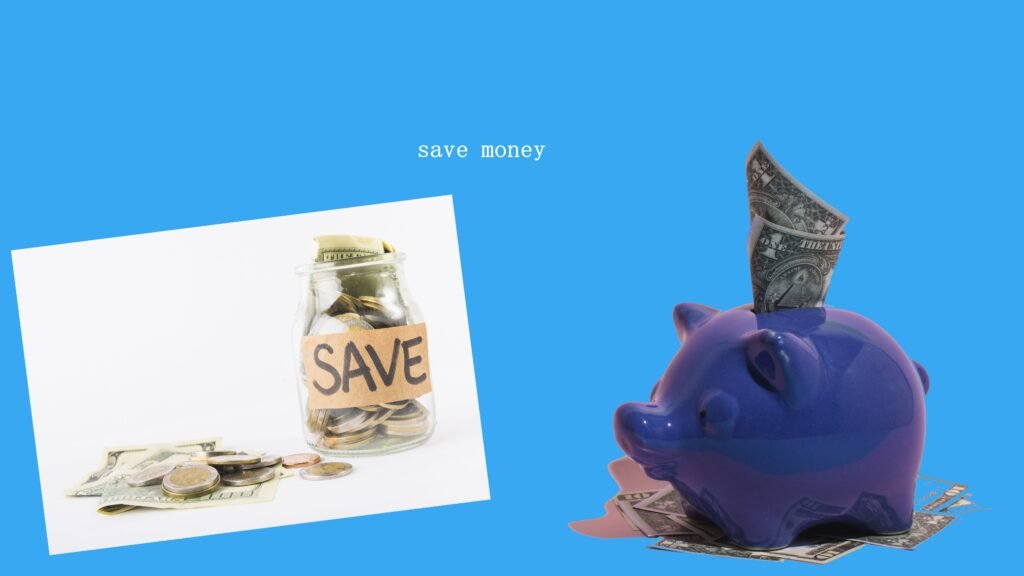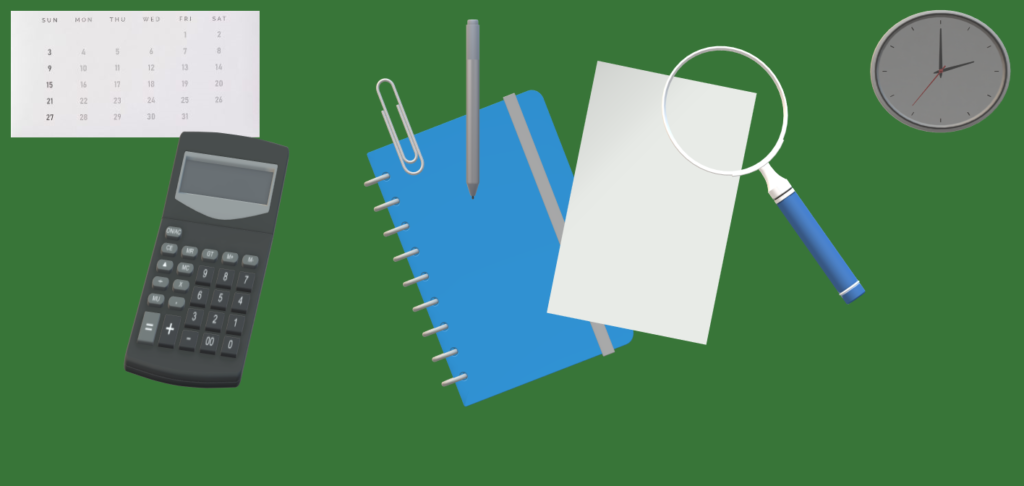Table of Contents
Introduction:Essential Steps to Pay Off Debt
Debt can be hard to deal with. But there are some things you can do to take back control of your money. This comprehensive guide will walk you through 25 essential steps to pay off debt, helping you move towards financial freedom.
1. Assess Your Debt
Make a list of all your debts, indicating the amounts, interest rates, and due dates. This provides you with a distinct understanding of your financial status.
2. Create a Budget
Develop a realistic budget that covers your necessities and allows for debt repayment. Keep track of your earnings and spending in order to pinpoint areas where you can reduce costs.
3. Prioritize Your Debts
Focus on paying off high-interest debts first, as they cost you more in the long run. This technique is commonly referred to as the avalanche approach.
4. Consider the Snowball Method
Alternatively, pay off the smallest debts first to gain momentum and motivation. This is the snowball method, which can boost your morale as you see quick wins.
5. Negotiate Lower Interest Rates
Contact your creditors to negotiate lower interest rates. Lower rates can save you money and help you pay off debt faster.
6. Transfer Balances
If you have high-interest credit card debt, consider transferring balances to a card with a lower interest rate. Be aware of any transfer fees and read the fine print.
7. Consolidate Your Debts
The process of debt consolidation combines numerous debts into one loan that has a reduced interest rate. This simplifies your payments and can reduce the overall interest paid.
8. Increase Your Income
Look for ways to increase your income, such as taking on a part-time job, freelancing, or selling unused items. Additional earnings can expedite the process of paying off your debts.
9. Cut Unnecessary Expenses
Review your spending and eliminate non-essential expenses. Cancel subscriptions you don’t use, eat out less, and find cheaper alternatives for services.
10. Create an Emergency Fund
Set aside a small emergency fund to cover unexpected expenses. This prevents you from adding to your debt when emergencies arise.
11. Use Windfalls Wisely
Put any unexpected money, like tax refunds or bonuses, towards debt repayment instead of spending it.
12. Automate Your Payments
Make arrangements for automatic payments to avoid missing any payment deadlines. This avoids late fees and keeps your repayment plan on track.
13. Seek Professional Help
If you are struggling with a large amount of debt, it may be beneficial to seek guidance from a credit counselor. They can offer valuable recommendations and assist you in developing a feasible repayment strategy.
14. Avoid New Debt
Avoid using your credit cards and do not take on any additional debt. Focus on paying off existing debt before considering any new loans.
15. Make Extra Payments
Whenever possible, make extra payments towards your debt. Even the smallest additional payments can greatly reduce the time and interest needed for repayment.
16. Refinance Your Loans
Refinancing involves taking out a new loan with better terms to pay off existing debts. This can lower your interest rates and monthly payments.
17. Take Advantage of Employer Benefits
Some employers offer financial wellness programs or match retirement contributions. Take advantage of these benefits to enhance your financial status.
18. Track Your Progress
Keep track of your debt repayment progress. Celebrate milestones to stay motivated and keep yourself accountable.
19. Educate Yourself
Learn about personal finance through books, podcasts, or online courses. Having knowledge of money management can prevent you from falling into debt in the future.
20. Set Realistic Goals
Set achievable debt repayment goals. Break down large debts into smaller, manageable steps to maintain focus and motivation.
21. Use Cash Only
Switch to a cash-only system to prevent overspending. This can help you stay within a budget and reduce impulse purchases.
22. Plan for the Future
Once you’ve paid off your debt, create a long-term financial plan. Save for emergencies, retirement, and other financial goals to avoid falling back into debt.
23. Get a Support System
Share your debt goals with friends or family who can support you.
24. Stay Disciplined
Maintaining discipline is crucial. Stick to your budget, avoid unnecessary expenses, and keep your financial goals in mind.
25. Reward Yourself
When you reach a significant milestone, reward yourself with a small treat. This keeps you motivated and makes the journey more enjoyable.
Conclusion
Paying off debt takes a lot of work and a good plan. By following these 25 essential steps, you can reduce your debt, improve your financial health, and achieve lasting financial freedom. Remember, each step you take brings you closer to a debt-free future.



